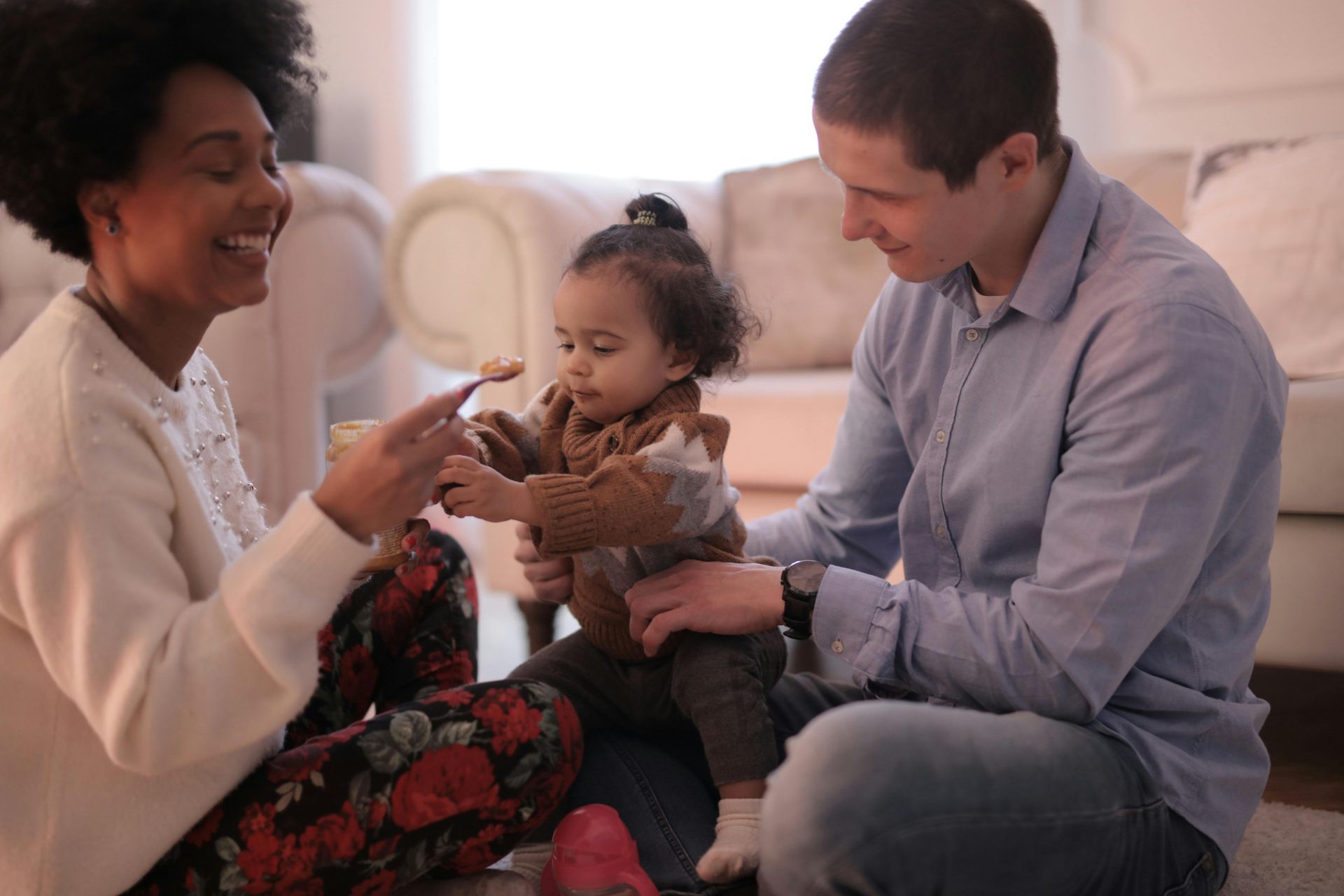Have you ever watched that show Hoarders? I don’t even know if it’s on any more, but whenever I’ve watched an episode, it’s one of those “car wreck” situations that I just can’t look away from. People who don’t just have clutter, but whose lives have been ruined by it.
Obviously they pick the worst of the worst–that’s what makes good TV. But there’s a difference between someone’s grandma’s house that has too many glass chachkies and someone who has saved every (dirty) take out box from the last 20 years, right?
And that’s kinda where our mind goes when we think about clutter. To the counters full of papers and dishes. Or the closets stuffed with old clothes. Or the playroom overflowing with toys. And if you’ve been around here for a hot second, you know I’m a huge believer in decluttering your stuff simply as a way to reduce stress in your household (check out my
podcast ep with Allie Casazza to hear some really practical insight on this.)
Less stuff = less choices
Less choices = less overwhelm
But what happens when your clutter isn’t the stuff you see?
It’s not what’s jumbled on your counters, but what’s jumbled in your mind. As much as having a cluttered home can really be a huge source of stress and spiking cortisol levels for moms (seriously, it’s science), I think we don’t talk as much as we need to about mental clutter.
Mental clutter is when you’ve got too many things, thoughts, or ideas going on in your brain at one time and it causes you to lose focus and clarity, making it really hard to process events and emotions. Can’t remember that person’s name that you’ve met 12 times in the last two months? Have a hard time actually finishing a single task or project without getting pulled (by your own brain) into something else?
That’s mental clutter.
And it makes being a working mom infinitely harder because it throws a wrench in our productivity, efficiency, and even our mental, emotional, and physical health.
Here are four easy ways you can reduce mental clutter:
Brain Dump:
You know I love a good brain dump! When you’re feeling that overwhelm start to slip in because you have too many things to remember or get done, get it all down on paper. There’s something magical (and scientific!) that happens when you can actually see all the things you’re thinking or worrying about.
If you just leave it in your mind, it leaves room to be forgotten or for it to live in the land of overwhelm. When you get it written down, it becomes concrete. You can assign it a time that you know it’s going to get done and your brain automatically feels that burden lifted–even without you having actually accomplished it yet!
Turn off your notifications:
This is one of the most freeing things you can do. When you have so much input coming at you all day long from that tiny screen, it only makes sense that finishing projects is difficult. BingBingBingBing. No one can concentrate when that’s going on. PLUS, it’s training your brain to want that dopamine hit that you get when you see your screen light up (again, totally science!)
You’ve gotta break that habit and teach your brain that it can focus for longer stretches without getting distracted. Turn off the notifications from all the apps that you don’t absolutely need. On the iphone, you even can set different levels of focus and choose which apps you want to hear from. For example, on my “work focus,” I have it set that I only get texts and calls from my husband and calls from girls’ school.
And that’s it. No other apps, nothing. BEST THING EVER.
Journal/Meditate:
These two go hand in hand. It really doesn’t matter which you choose, you just need to give your brain silent space to do nothing. Not scroll your phone, not read a book, not watch a show. Silent space to do nothing. And if you want to keep a notebook next to you in case anything comes up that you need to journal through, go for it!
Create a solid morning/evening routine:
I do have an episode about why I don’t think everyone should have a morning routine in the traditional sense, but hear me out. There is something to be said for having a routine that opens and closes your day. That allows you to incorporate things like mediation, brain dumps for the next day, etc. So it doesn’t have to be something that starts your day off at 5am every morning (no thanks), but when you give you mind space to get prepped for the day ahead, you’ll have so much more freedom once you start getting into work.
Because then you’ll know what’s really important for that day and what you can let slide.
Need help really nailing down what those center points are in your life? The things that anchor you when everything feels wonky? Check out our 14 guided lessons in the
Modern Mamas club app that take you from Conflicted to Centered.












